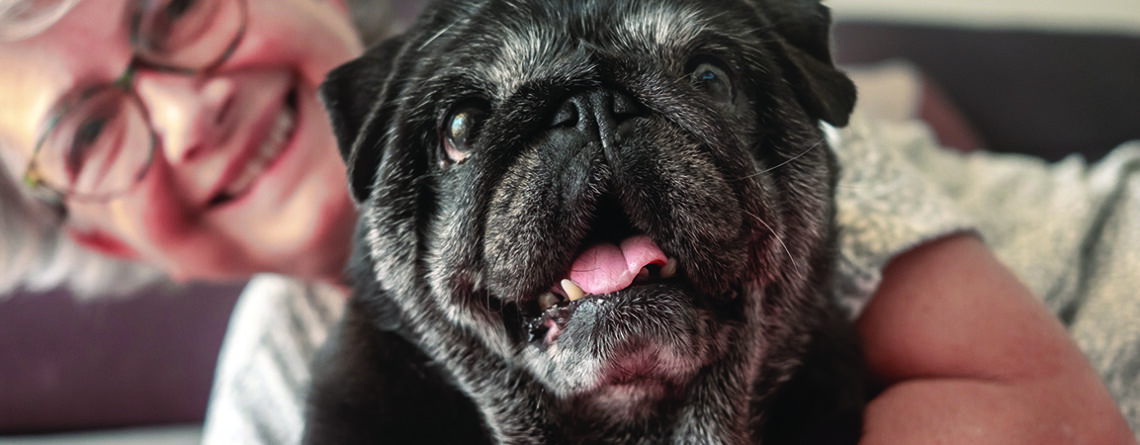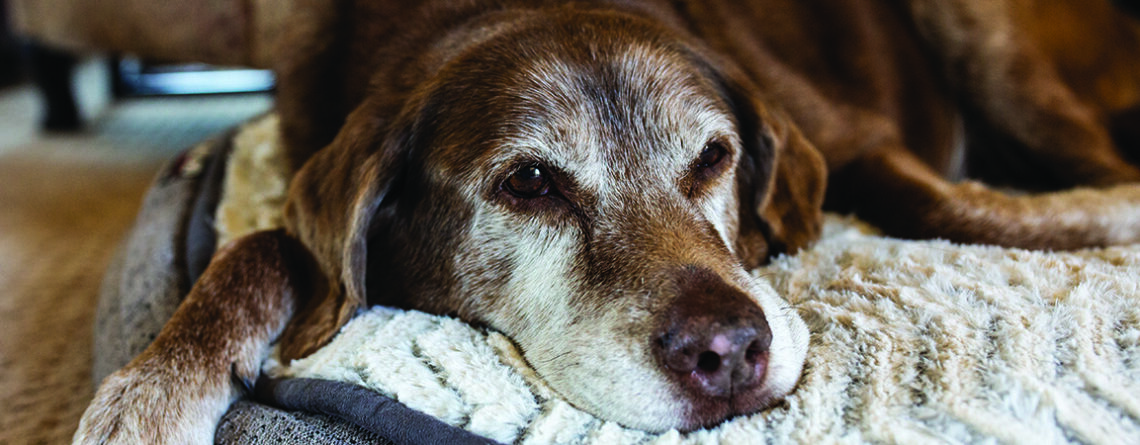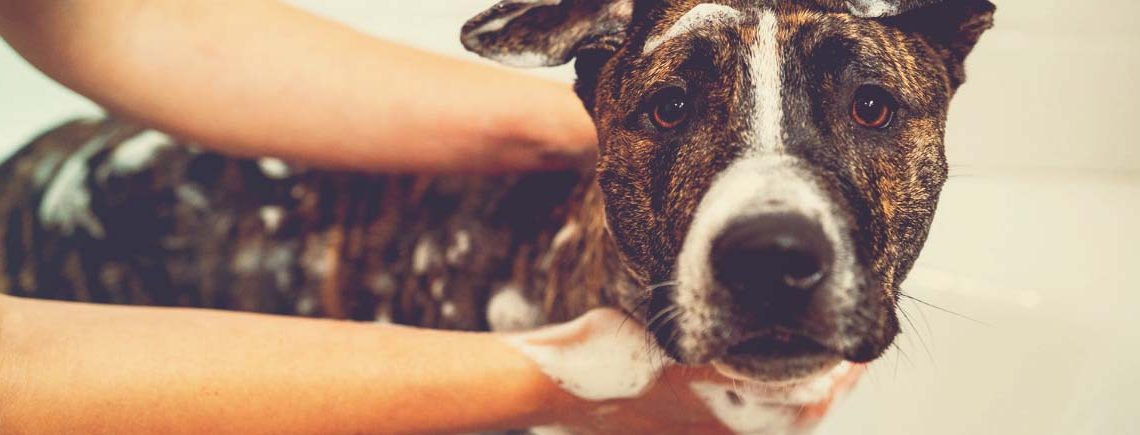10 Tips on Handling Your Senior Dog Safely
Aging is a normal part of life, and at some point, all dogs will get older and become seniors. As our dogs grow into this life stage, their care requirements will begin to change, such as their diet and exercise routine. You may find your older dog is walking at a slower pace or is finding it difficult to leap onto the sofa like he once could. All these changes are completely normal, but it’s important to know how to...



